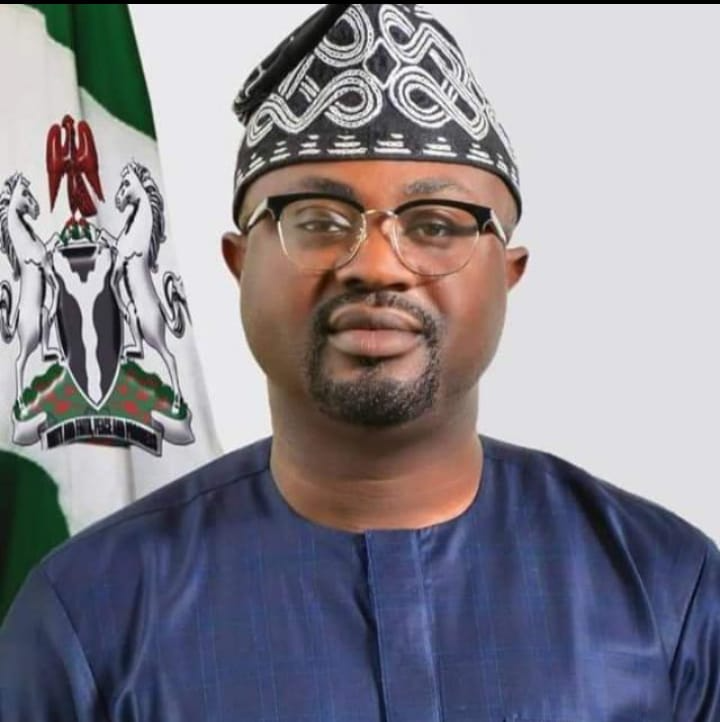Interior Minister Pledges To Eradicate Corruption In Correctional Centres.
The Minister of Interior, Dr Olubunmi Tunji-Ojo, has vowed to eliminate corruption in Nigeria’s correctional centres and shift their focus from punishment to rehabilitation and reintegration.
Speaking at the second public hearing on alleged corruption and violations within the Nigeria Correctional Service (NCoS) in Abuja on Wednesday, Tunji-Ojo reaffirmed the government’s commitment to transforming the correctional system. He emphasised that correctional facilities should serve as centres for rehabilitation rather than condemnation.
“When condemnation takes the place of correction, then the system has failed,” he stated. “We must change our approach and focus on rehabilitation, empowerment, and reintegration. This is the only way we can ensure that those who are incarcerated are given a second chance to become productive members of society.”
The minister highlighted that a key priority of the current administration, under President Bola Tinubu, is to provide adequate resources and training for correctional officers, equipping them to better handle the complex needs of inmates. He stressed the importance of a holistic rehabilitation strategy that includes education, vocational training, and mental health services.
“Our correctional facilities must be safe, humane, and focused on rehabilitation,” he said. “This is not a government of hopelessness, and we cannot renew a system that is not working.”
Tunji-Ojo also reaffirmed his commitment to tackling corruption within the system, acknowledging that vested interests benefiting from the status quo would resist change. However, he maintained that governance is about leading people to where they need to be, rather than where they want to go.
He urged the investigative committee to thoroughly examine the issues of corruption, abuse, and neglect in correctional centres and make necessary recommendations for reform.
With the government’s renewed focus on rehabilitation, the correctional system is set for a transformation that prioritises the dignity and reintegration of inmates, ensuring they have a second chance at contributing positively to society.



